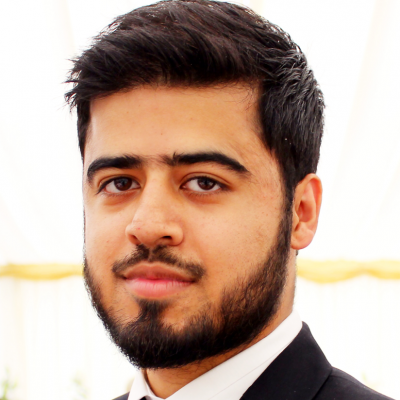Medicine isn’t about protocols - it’s about people
28 April 2015

A night on-call in a radiology department is a microcosm of the direction of travel of medical practice. Pathways are flashed in front of the duty radiologist – ‘if you follow the flowchart the patient has satisfied the criteria for a CT head scan’. Our ideological pursuit of protocol-driven medicine has left me thinking, has blind compliance killed off the art of medicine?
Spending the night on-call with my senior registrar piqued my thoughts. He reflected on his time as a junior working in the emergency department (during the ‘bad old days’), where from over a thousand patient interactions he could recount the number of imaging studies required on two hands. This posed a compelling question – are our patients today that worse off?
My colleague argues no; the experienced clinician with a detailed clinical history and examination, made a decision on the individual circumstances of the patient in front of them – true ‘patient centred care’. More often than not, he says, nowadays patients go on to have a test that they might not need, to reveal an incidental finding which then triggers a battery of further tests. This cycle adds unnecessary patient anxiety and creates additional burden on our health services.
Although anecdotal, there’s something to be said about the accessibility of services and its relationship with increased demand. My senior registrar also talked about the effect of viewing our workforce as regimented drones on creativity and innovation, recounting that almost all advances in surgical techniques have been due to individual flair and the willingness to challenge the status quo.
During our discussion, I highlighted the strengths that protocols and evidence-based medicine have brought to our profession, including standardising clinical decision-making, containing costs and ensuring consistent outcomes. They have helped us to reduce the human factors in medicine leading to safer clinical practice. The WHO Surgical Checklist has been demonstrated to reduce surgical complications by more than one-third and deaths reduced by almost half.
But there’s a strong argument that checkbox learning and practice is overly dominating medicine; almost all medical schools are now moving to objective structured clinical examinations (OSCEs) for assessment and even in selection of future doctors. Progression in post-graduate clinical training is demonstrated by satisfactory completion of an e-Portfolio, with trainees dedicating large swathes of time collecting the necessary online assessments.
These processes are undeniably necessary in ensuring fairness and maintaining quality, but have we gone too far? The viral campaign ‘Hello, my name is’, pioneered by the inspirational Dr Kate Granger, highlights that in an era of mechanised medicine we sometimes forget common courtesies. In some cases we’ve gone full circle – where individuals were once selected to this profession for characteristics such as compassion and kindness, it seems we now need training and campaigns to inculcate this.
The conversation that night had a profound effect on me, not least in allowing me to recognise how far I’d forayed into becoming an unreserved champion of efficiencies. It is alarming that we now need a ‘think piece’ on whole patient care – understanding the psychosocial context of a patient is a tenet of medicine.
The doctor-patient interaction is the keystone of diagnosis and guidelines should support and not dictate management. This unique relationship is being eroded; we’ve tipped the balance too far at the cost of de-professionalisation, losing meaning in our work and risking us viewing the patient as set of objectives rather than a complex being.
Na’eem is a Radiology Specialist Registrar in London and Associate at the Health Innovation Network, www.twitter.com/DrNaeemAhmed
Work with us
We look for talented and passionate individuals as everyone at the Health Foundation has an important role to play.
View current vacanciesThe Q community
Q is an initiative connecting people with improvement expertise across the UK.
Find out more

